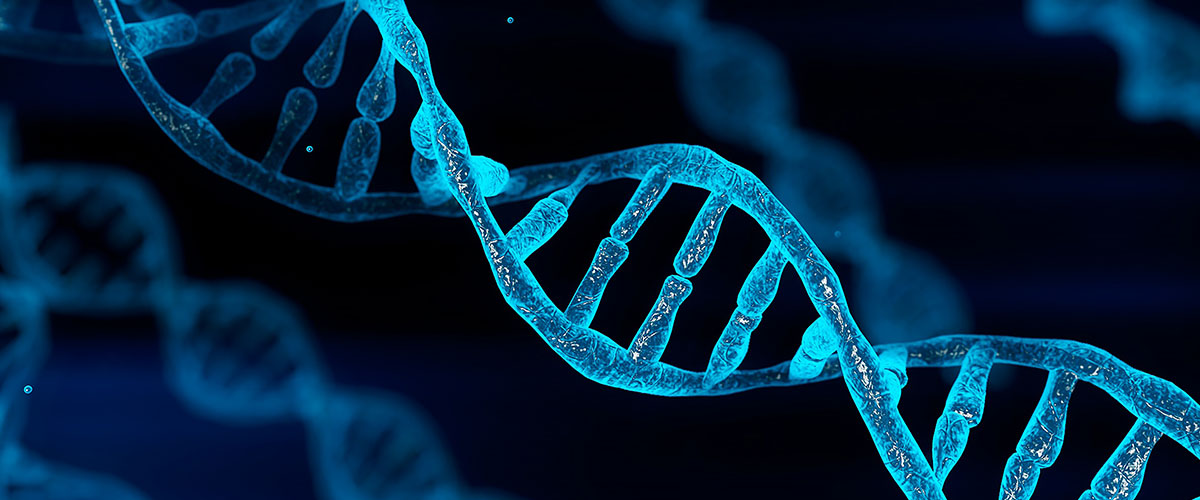)
Investigating Serial plasma extracellular vesicle Genomics in High-Grade astrocytoma Tumors (IN-SIGHT)
Project Title: Investigating Serial plasma extracellular vesicle Genomics in High-Grade astrocytoma
Tumors (IN-SIGHT)
Project Duration: 2023-2026
MOHCCN Consortium: Atlantic Cancer Consortium (ACC)
Investigators: Dr. Jeremy Roy and Dr. Adrienne Weeks (Co-PIs); Drs. Michael Ha, Sidney Croul, Mary
McNeil, Liam Mulroy (Co-investigators)
Partners:
- Dalhousie University
- Nova Scotia Health Authority
- Atlantic Cancer Research Institute
Aim/goals:
Prospectively and longitudinally collect tumor and plasma from patients suffering from high-grade astrocytoma.
Prospectively collect quality of life data from patients suffering from high-grade astrocytoma
Define a small RNA signature captured from plasma extracellular vesicles that informs on high-grade astrocytoma disease progression.
Corelate quality of life data with high-grade astrocytoma disease progression to determine key times for strategic intervention
Summary:
High-grade astrocytomas (brain cancers) are a highly fatality cancer with universal recurrence. These tumors strip patients of both quality and quantity of life. Brain cancer and brain cancer associated cells send messages to each other, in order to coordinate tumor development and progression. These messages (termed extracellular vesicles (EVs)) can be isolated from patient blood and their molecular contents sequenced throughout their disease course in a process termed liquid biopsy. Specific EV messages can be analyzed on a genomic level and this data can be utilized to inform on disease progression. To date, we have collected over 100 blood samples from patients with high-grade astrocytoma for genetic EV analysis. At points of blood collection our group collects quality of life data on high-grade astrocytoma patients utilizing clinically validated scales. This quality-of-life data can then be used to provide early strategic intervention at specific times in disease course. Our group of neurosurgeons, neuroncologists, radiation oncologists, pathologists, nurses and basic science aim to improve our understanding of cell-to-cell communication and to investigate the complementary utility of liquid biopsy in high-grade astrocytoma disease progression.
